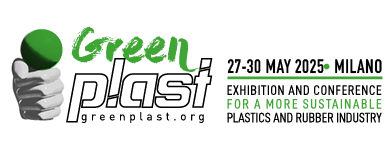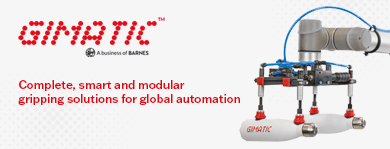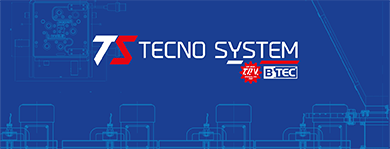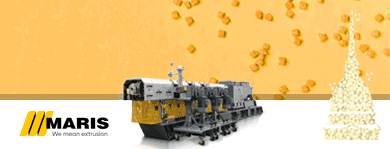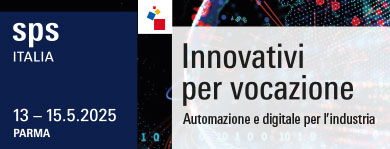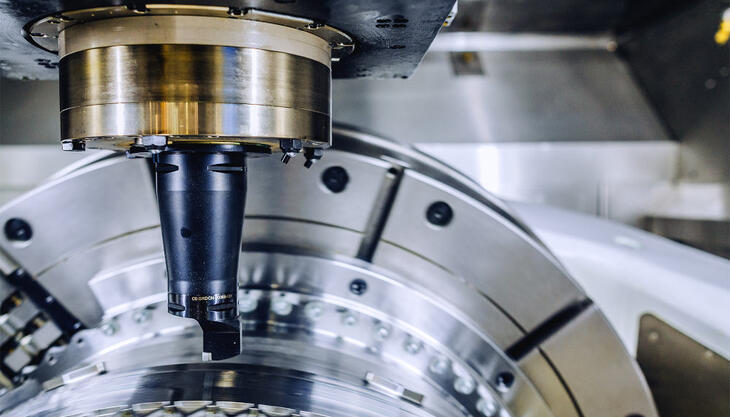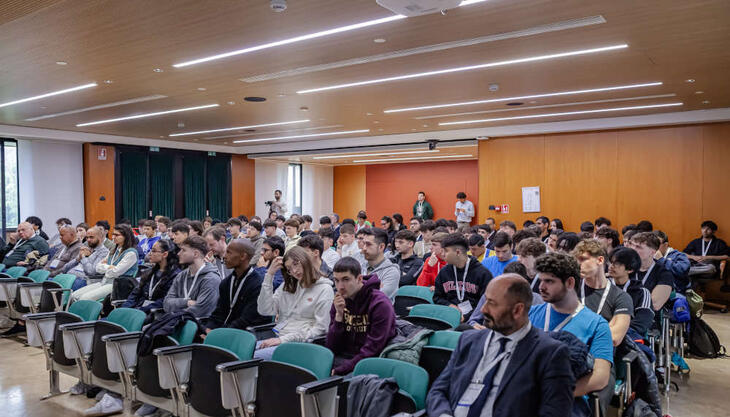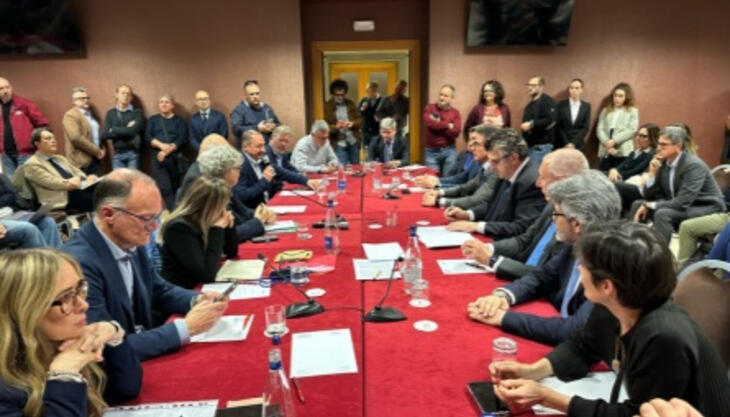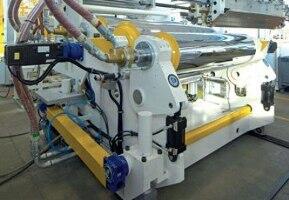
Recently Bandera has been focusing its efforts on the development and promotion of technologies and processes which enable a sustainable reduction of the weight of packaging. This goal has been pursued starting with the design of safe and reliable production systems, featuring excellent quality performance in compliance with EC safety standards, as well as with the reduction of consumption rates and the development of extrusion lines for the production of finished products obtained from innovative thermoplastic resins, thereby encouraging the use of recycled and/or biodegradable materials.
In the specific area of packaging solutions, this manufacturer based in Varese has been committed to the development of technologies allowing the creation of advanced and innovative solutions for the production of lightweight packaging such as, for example, structural semi-foamed rigid PET films. In particular, the technological efforts of the company have been recently aimed to the production of foamed PET films manufactured with next generation co-rotating twin-screw extruders (L:D ratio = 52).
The research activity at Bandera has been focused on the physical foaming (i.e. by gas injection) of recycled PET flakes from post-consumer and industrial waste, as a result obtaining a significant reduction in the cost of raw materials and ensuring the absolute recyclability of the converted end product. With the addition of an adequate gas injection system and the use of additives, a standard Bandera extrusion line for PET film can be adapted to the production of semi-foamed PET film (the special twin-screw design enabling its use in the manufacturing of both rigid and foamed PET film).
In order to obtain superior quality foamed PET film, Bandera offers extrusion systems dedicated to the optimisation of the whole process. The company's R&D division has achieved interesting results with rigid A-PET film with typical densities ranging from 1.33 to 1.35 kg/cu.dm. In the case of A-B-A and B-B-B film structures (where the B layer is entirely made from post-consumer waste or partially from industrial plastics waste) lighter weight films have been obtained with densities from 0.65 to 0.95 kg/cu.dm and thicknesses from 300 to 1,300 microns. The weight reduction result strongly depends on the final application envisaged. Significant savings on the production costs of packaging have been made possible with the use of semi-foamed material instead of rigid material. This solution is also combined with a reduction of the environmental impact of products intended for food and non-food applications.
The third generation of foamed PET processing equipment incorporates an innovative technology aimed to retain the foamed PET between two structural layers of solid PET in order to obtain final thermoformable products with improved mechanical strength, making structural PET highly competitive with respect to PS.





